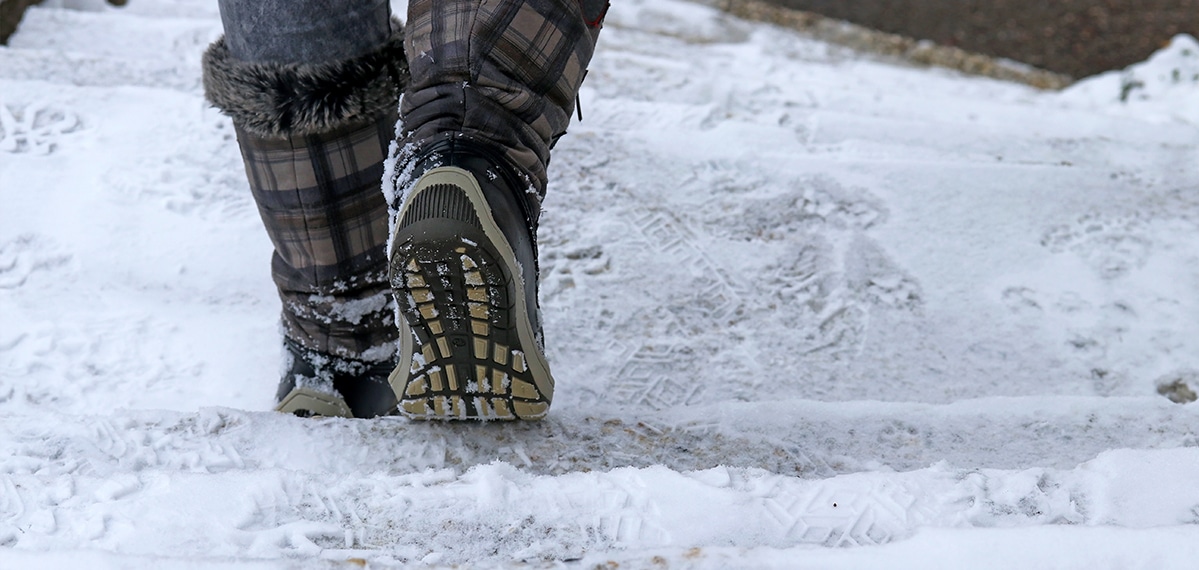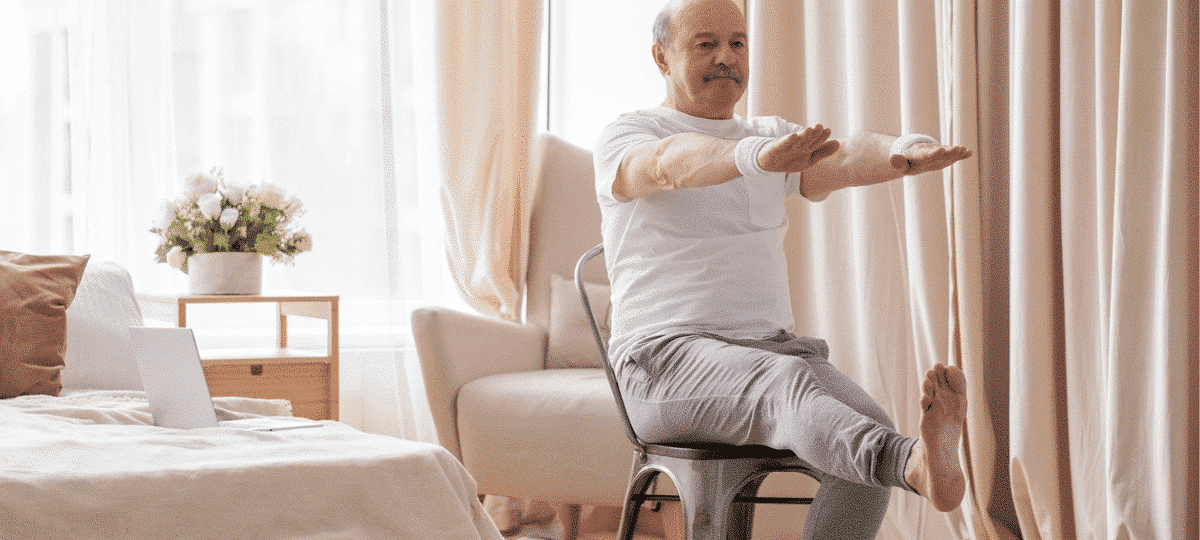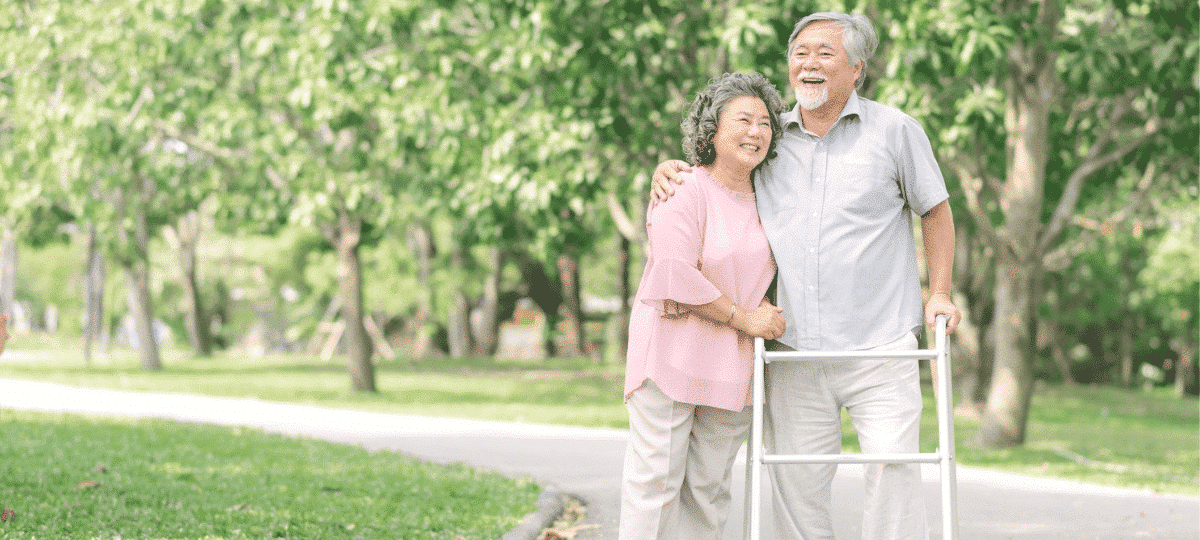As winter sets in, whistling winds, bitter cold, rain, and icy sidewalks become the order of the day. In these conditions, seniors are at an increased risk of falling. In addition to the normal risks associated with old age, falling during the winter can predispose weather-related health problems or injuries, including hypothermia and frostbite.
With the arrival of cold winter weather, caregivers and seniors should be aware of the increased risk of falls and slips and take the necessary precautions. Here are five tips to reduce the risks of slips or falls for seniors this winter.
Wear the Right Footwear
One common cause of falls in winter is older wearing shoes or boots that lack traction. Considering that the sidewalks are slippery during this season, it is crucial to ensure that seniors wear shoes or boots with soles that are rough-textured and have excellent traction on heels. You can also get them footwear that boasts anti-skid materials to prevent slips and falls.
It is also important that they wear comfortable, textured gloves to keep their hands free for stabilization and balance. Wearing gloves ensures that seniors have a firm grip, even if they are using crutches, walkers, or canes to walk.
Repair Steps and Sidewalks
While we may not pay much attention to loose or wobbly porch steps and sidewalks during summer, they may become harder to navigate during winter. This is especially important for seniors because steps and paths covered by snow or ice can be especially dangerous. If you plan to make repairs, do it before the winter sets in, also make sure that any paths used by seniors are clear of any obstacles.
Dress Warm to Avoid Hypothermia
Due to the cold weather condition in winter, your body temperature can drop to dangerous levels resulting in what is known as hypothermia. Since hypothermia makes you feel weak, sleepy, tired, and sick, it can increase the chances of slipping or falling. Because seniors are at a higher risk for hypothermia, take precautions to ensure that they stay warm.
Some of the precautions you can take to prevent hypothermia include:
- Ensure seniors stay indoors on cold days or don’t spend a long time outside.
- Maintaining indoor temperatures at 65 degrees or warmer.
- Encourage elderly seniors to layer up to ensure that they don’t lose heart or allow cold to penetrate
- Make sure that seniors have all essential winter wear including gloves, hats, boots, winter coats, gloves, and scarfs to cover ears, nose, and mouth.
Remind Seniors to Eat Healthy to Maintain Bone Density
As we grow older, our bones tend to become weaker which can lead to falls and a greater risk of injuries. Caregivers should ensure that the elderly maintain a diet that helps strengthen their bones. This includes foods rich in calcium and vitamin D such as dairy products or dietary supplements. This should start long before the winter season kicks in. However, you should consult a doctor to make sure that the food or supplements they consume don’t affect the pre-existing conditions.
Use an Emergency Response System
When a fall or accident does occur during the winter, a timely response is critical. If a senior has a fall or accident outside in the cold, they are at greater risk for hypothermia and cold-related injuries. If they fall indoors and tend to be less active during colder months, it may take more time for someone to find them if they can’t reach a phone. A Medical Alert system can ensure that a senior receives the help they need, when and where they need it. As an additional precaution, Fall Detection can alert emergency response operators of a fall, even if the user can’t push their button.
We all understand that old age comes with increased risks of slips and falls. And since these risks can be multiplied during winter, all it takes is a little precaution and planning. Though you might not prevent slips and falls 100 percent, utilizing these tips can help prevent serious injuries.



